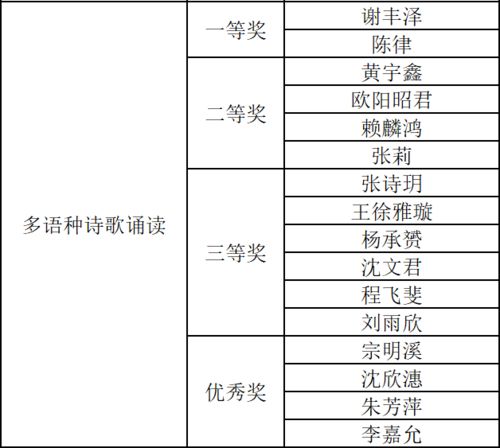The Process of Poetry Recitation Competition
Poetry recitation competitions offer a platform for individuals to showcase their interpretation, expression, and appreciation of literary works. The process involves several key stages, each contributing to the overall experience and outcome of the event. Here’s a breakdown of the typical journey one might expect in participating in such a competition:
1. Registration and Preparation:
Participants register for the competition, often well in advance. This stage involves selecting a poem or poems to recite. Participants may choose works from a provided list or select their own pieces. Preparation includes memorization, understanding the nuances of the chosen poem, and practicing delivery to convey its essence effectively.
2. Rehearsals:
Rehearsals are crucial for finetuning recitation skills. Participants focus on aspects such as pronunciation, intonation, pacing, and gestures to enhance their performance. Feedback from peers, mentors, or coaches may be sought to improve delivery and presentation.
3. Preliminary Rounds:
In multiround competitions, preliminary rounds serve as qualifiers for advancing to subsequent stages. Participants present their selected poems before a panel of judges and often a live audience. Judges evaluate performances based on criteria such as accuracy, interpretation, expression, and stage presence. Scores determine which participants progress to the next round.
4. Workshops and Feedback Sessions:
Organizers may offer workshops or feedback sessions to support participants’ development. These sessions may cover various aspects of recitation, including interpretation techniques, vocal modulation, and stage dynamics. Participants benefit from expert guidance and constructive criticism to refine their performances.
5. SemiFinal Rounds:
Successful participants from the preliminary rounds advance to the semifinal stage. Here, they compete against each other with heightened intensity. The competition becomes fiercer as participants strive to secure a spot in the final round. Judges evaluate performances with even greater scrutiny, considering originality, emotional depth, and connection with the audience.
6. Final Round:
The final round showcases the top performers vying for the championship title. Participants deliver their poems with passion, poise, and precision, leaving a lasting impression on the judges and audience. The atmosphere is electric as finalists give their all in pursuit of victory. Judges deliberate carefully before declaring the competition winner(s).
7. Awards Ceremony:
The competition concludes with an awards ceremony to recognize outstanding performances. Winners receive accolades, prizes, and perhaps opportunities for further exposure or advancement in the literary world. Participants, regardless of placement, celebrate their achievements and the shared experience of artistic expression.
8. Reflection and Growth:
After the competition, participants reflect on their journey, lessons learned, and areas for improvement. They may seek feedback from judges, peers, and mentors to continue honing their skills. The experience fosters personal growth, resilience, and a deeper appreciation for the art of poetry recitation.

In essence, the process of a poetry recitation competition is not just about showcasing talent but also about the journey of selfdiscovery, artistic exploration, and creative expression. It brings together individuals passionate about literature and performance, uniting them in a shared celebration of the spoken word.








